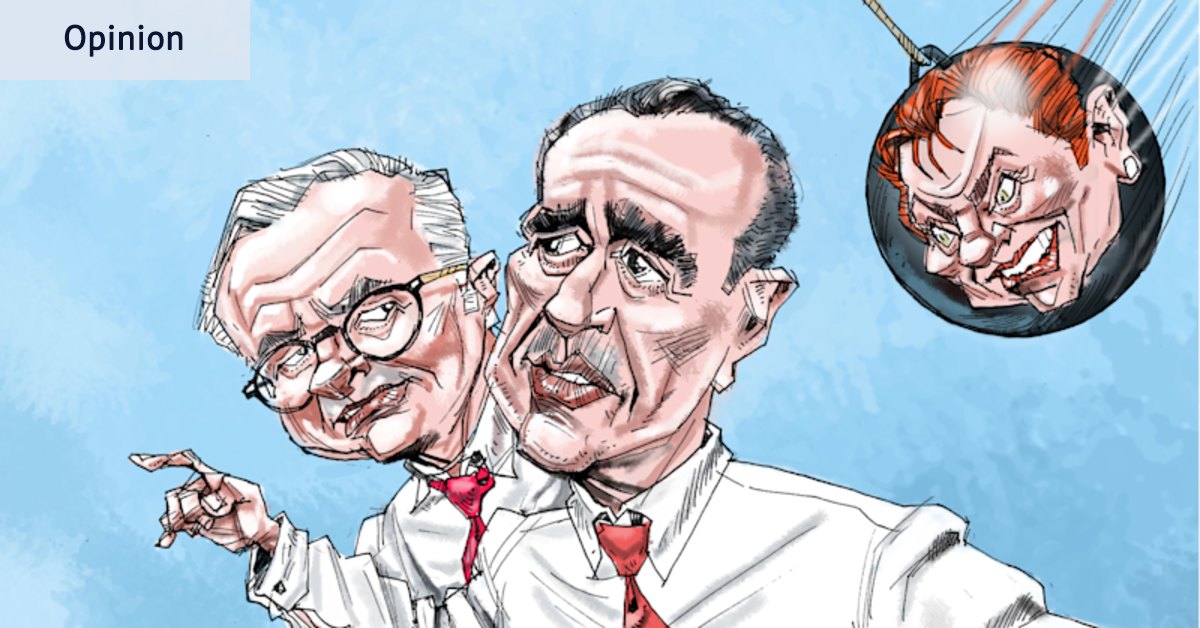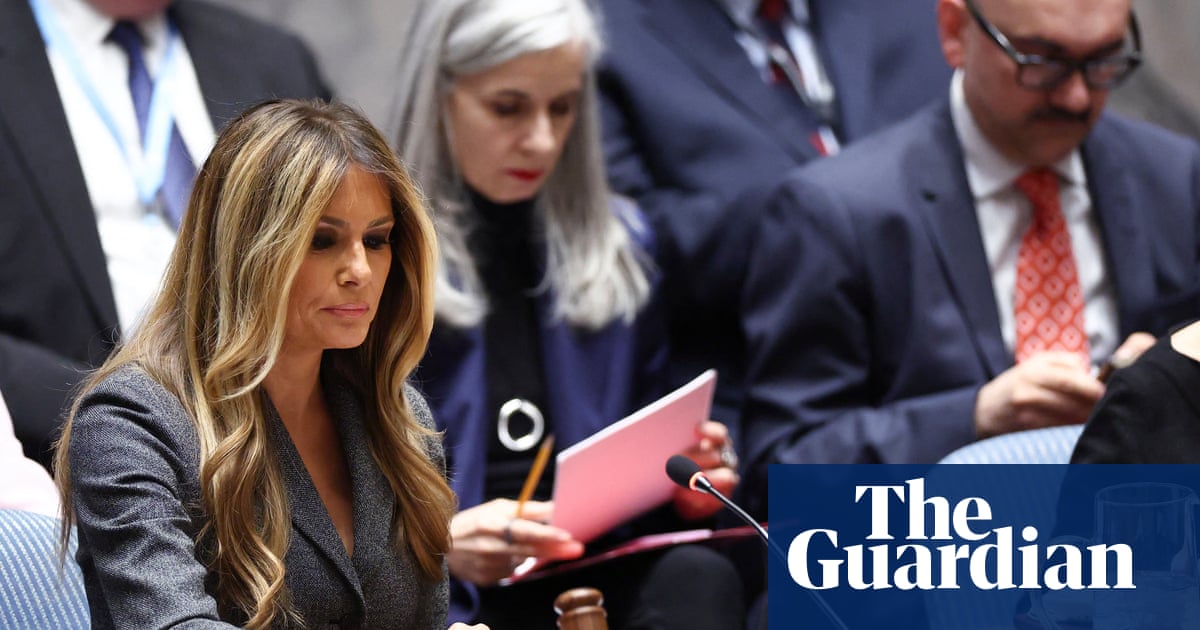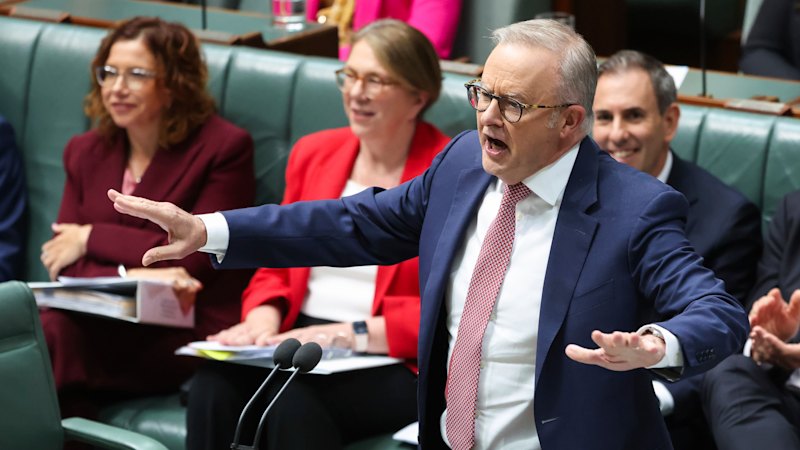
The Nationals have raised last-minute objections to Labor’s landmark nature reforms, risking another Coalition schism if Opposition Leader Sussan Ley chooses to do a deal with the government. The debate over climate change and environmental policy has taken center stage during the final parliamentary week of the year, as Prime Minister Anthony Albanese pushes to pass a long-delayed overhaul of environmental laws and remove the contentious issue from the political agenda.
Labor is urging the Coalition to align with big business in support of the bill. However, Nationals Senate leader Bridget McKenzie has expressed fresh concerns about the powers granted to a new Environmental Protection Agency to inspect private farms. “Many … are rightfully concerned about a new layer of bureaucrats coming onto their properties and meddling in their businesses,” she stated.
Internal Coalition Tensions
Speaking ahead of a shadow cabinet meeting set to debate the Coalition’s position, McKenzie indicated that the Nationals would press Ley to postpone the changes. She argued that the legislation could lead to unintended consequences and accused Labor of attempting to “jam through” the laws by year’s end. “At a time when private property rights are under threat, especially in Victoria, the parliament should be able to review this bill,” McKenzie added.
The Coalition is eager to shift the focus to the government’s management of the energy grid, following weeks of controversy over its abandonment of the 2050 net zero target. During question time on Monday, Ley criticized Climate and Energy Minister Chris Bowen for being a “part-time minister” after he accepted the presidency of next year’s COP climate summit, despite Australia losing hosting rights to Turkey.
Implications of the Nature Reforms
The nature reforms, which Labor shelved last term after Albanese overruled former environment minister Tanya Plibersek, could potentially accelerate approvals for fossil fuel projects while also expediting renewable energy projects. The Nationals have previously advocated for a pause on wind and solar developments.
In an effort to address these concerns, Environment Minister Murray Watt is working to garner support for changes to Australia’s project-approval framework, which currently delays both housing and energy projects. Watt has set a firm deadline for the end of the week, but both the pro-environment Greens and the pro-business Coalition have expressed reservations about certain aspects of the bill, increasing the likelihood that the reform may be postponed until next year.
“We’re quite apprehensive about whether they’re going to get the balance right,” said NSW Farmers president Xavier Martin, reflecting the unease among farmers regarding the federal government’s plans.
Political Maneuvering and Future Prospects
A significant concern for farmers is the creation of a new federal watchdog, the Environmental Protection Agency. Ley emphasized last week that Watt must maintain control over the agency’s assessment and approval of projects. However, Watt’s reforms would empower the agency to conduct on-ground audits if there is suspicion of illegal activity.
According to a government source, the Nationals’ intervention seems intended to thwart any potential agreement between Labor and the Liberals, some of whom may be eager to demonstrate the opposition’s commitment to environmental issues following the Coalition’s net zero debate. “This has not been raised in any conversation we’ve had with the Coalition,” a senior government source remarked late on Monday. “This is lobbed in late to blow up the show.”
Earlier on Monday, Nationals leader David Littleproud expressed skepticism about the bill, echoing the sentiments of his colleague Matt Canavan. The unfolding situation highlights the ongoing tensions within the Coalition and the complexities of navigating environmental policy amidst political and public pressure.
As the deadline approaches, the outcome of this legislative battle remains uncertain. The decisions made in the coming days could have lasting implications for Australia’s environmental policy and the political landscape.





